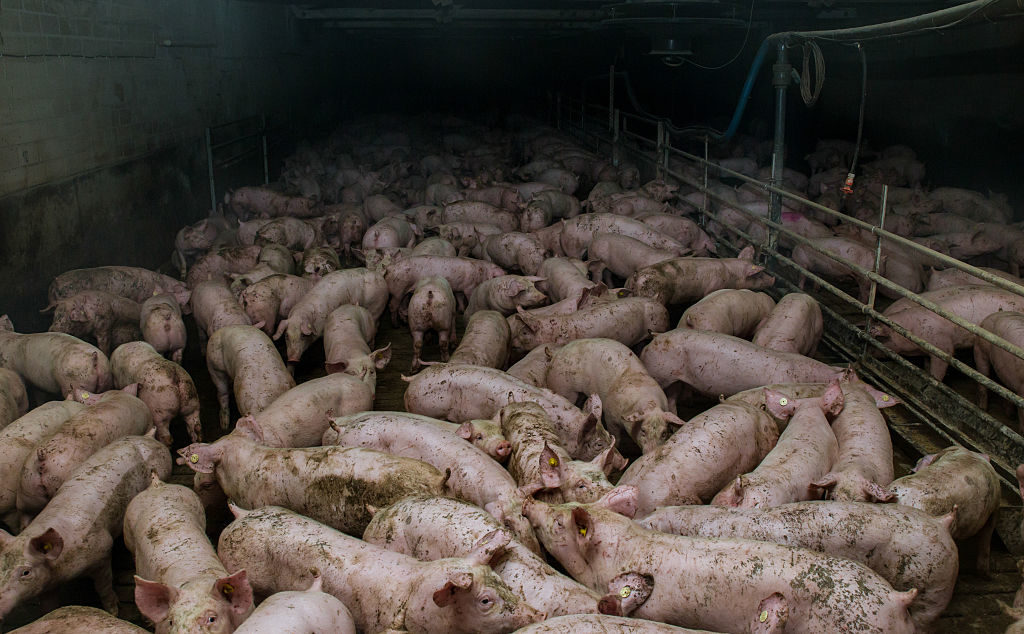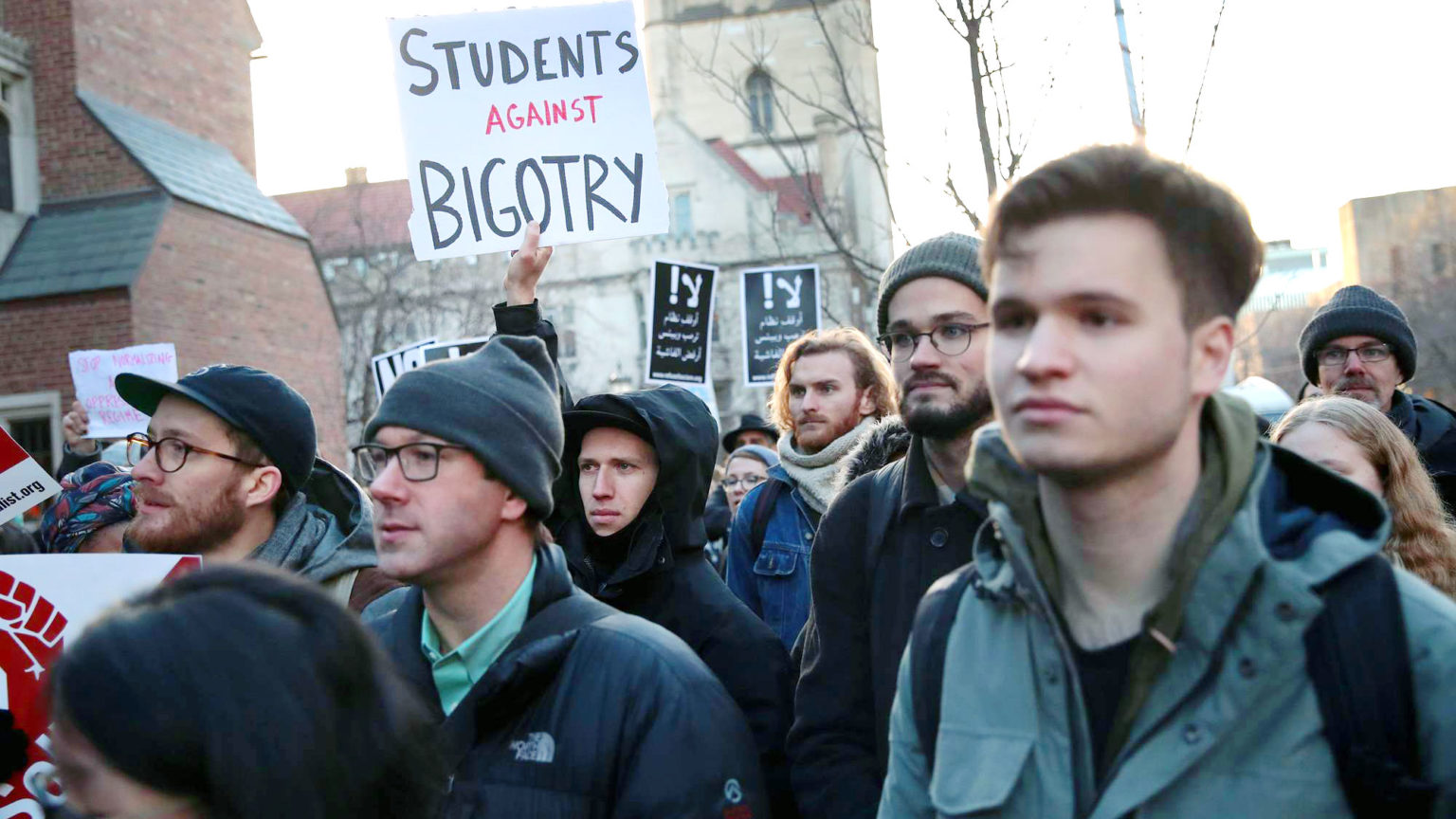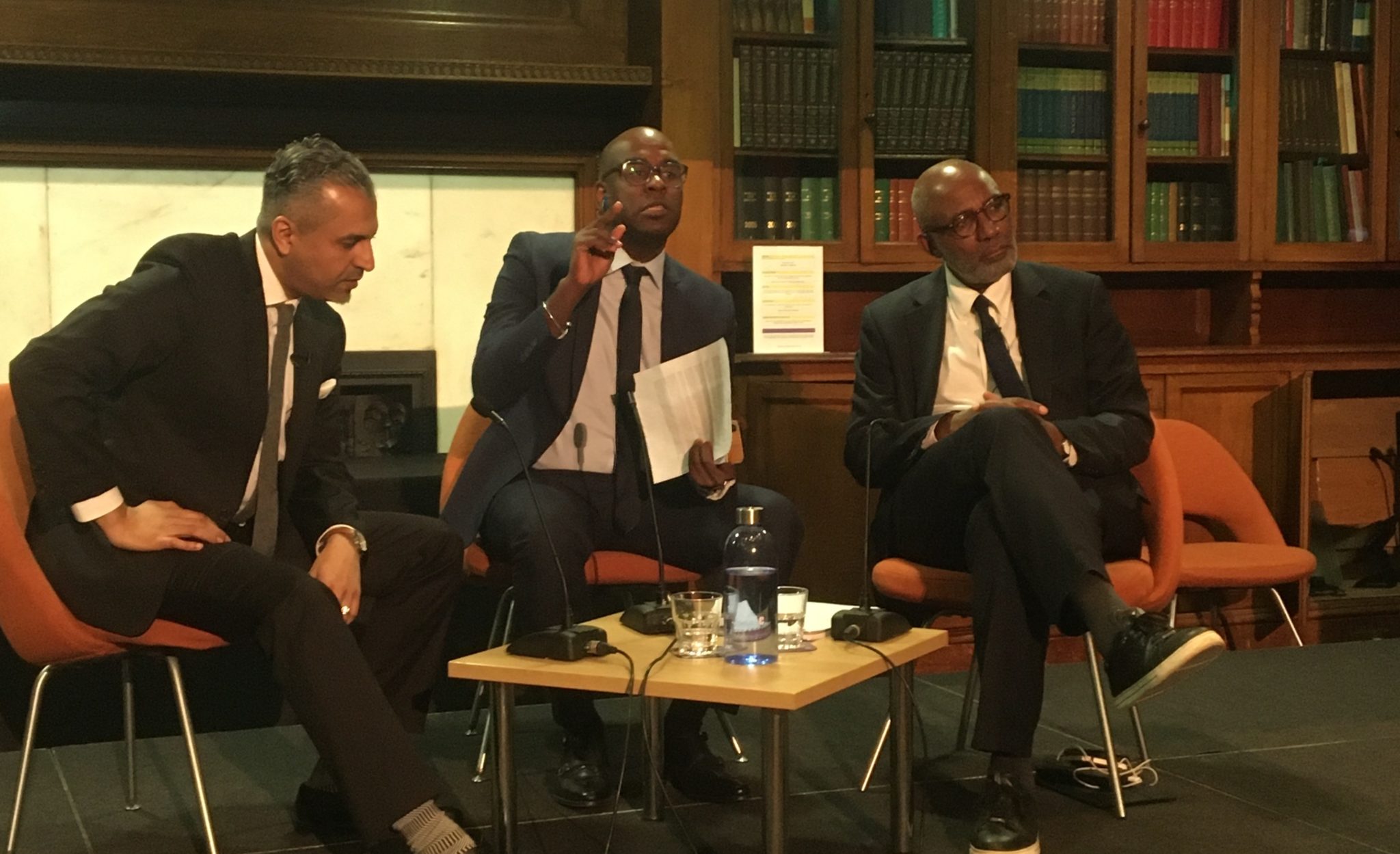
Indeed, in an oblique response to this line of objection, he told her, “And maybe science and technology aren’t that much, but I would say if we stop believing in the teleology of science and technology it’s not that we go back to some Thomistic or medieval concept of teleology. Thiel has almost certainly thought through all of this, and I expect it was covered in discussion at the seminar, but in his conversation with Harrington, and in much of his public writing, he brings the conversation away from postmillenial anticipation back down to earth. As Paul writes in Romans, “For we know that the whole creation groans and labors with birth pangs together until now.” And in this sense of creation much of the Christian skepticism for what is called transhumanism retains all its force, for while recognizing the becoming implied in a linear sense of history, its teleology of beginning and final judgment retains the possibility of essences: acorns becoming oak trees and human beings becoming more fully human in new creation.

But there appears to me to be a missing Christian concept here, in addition to “grace or original sin,” from both the Old and New Testaments, namely that of creation. Whether as a self-sustaining chain of fixed natures or being in endless flux, “nature” in this sense of Western reason is an object of human subjectivity opposed to revelation. The observation that the philosophers’ account of “nature”-cosmos as an indivisible whole with no starting point or destination-was not derived from scripture is a provocative, under-discussed one, and obviously correct. “It seems to me that the Christian concepts are more things like grace or original sin.” From this perspective, Thiel argues, the problem with transhumanism isn’t that it seeks to remake humanity, but that it isn’t ambitious enough in this regard: “the Christian critique of transhumanism should be that it’s not radical enough, because it’s only seeking to transform our bodies and not our souls.” It appears, in other words, that while Thiel is unflinchingly realistic about what’s immediately achievable, he doesn’t see any given or self-evident limits to what we could set our sights on. “The word ‘nature’ does not occur once in the Old Testament,” he tells me, while “the concept of ‘nature’ as something that’s eternal and unchanging” isn’t a Christian one either. Some sense of a certain type of progress of history is a deep part of Christianity.” And from this perspective, the notion that there exists an unchanging human nature doesn’t really fit with the Christian outlook, but belongs - as he puts it - more “in the classical than the Christian tradition”. “I think of Christianity as deeply historical.

He seems to view this as a largely academic question, and not really in keeping with his understanding of Christian civilisation as fundamentally oriented toward the future. Lewis, and Romano Guardini-that technology has and will continue to outstrip nature, in particular human nature, Harrington writes of Thiel: I encourage you to read all of Harrington’s suggestive reflections on it, but one dichotomy or theme in particular stood out to me: what, when we consider the question of technology, is the relationship between nature and grace?Īfter raising the fear-distilled in the 1930s and ’40s by figures like Aldous Huxley, C.S. The conversation was wide ranging and reviewed many now classic observations from the Zero to One author. She sat down with Thiel for an on-the-record chat. The incisive British essayist Mary Harrington-a contributing editor at UnHerd and probably “the good feminist” to TAC readers and “that transphobe” to others-was recently on faculty with Thiel for a seminar in Palo Alto put on by the Zephyr Institute. Thiel has continued his studies of philosophy, at the University of Chicago, teaching courses at Stanford, and supporting various intellectual programs besides his fellowships for college dropouts. And Peter Thiel has credited the mimetic thought of his teacher René Girard with prompting him to place a very profitable bet on Facebook. Before he broke the Bank of England, George Soros studied under Karl Popper at the London School of Economics.

Thales of Miletus anticipated a bumper crop of olives when others expected a bad harvest, and so leased the city’s presses as a monopolist. But a few students of philosophy have even become rich, in part thanks to their love of wisdom.

Many rich men dabble in philosophy, once their wealth is of the sort that largely takes care of itself. George Grant, in his review of The Secular City If the liberal is to be consistent, he must say that man’s essence is freedom or else he gives up his position. If the Christian is to be consistent, he cannot say that freedom is absolute, for the consequences of that are atheism.


 0 kommentar(er)
0 kommentar(er)
